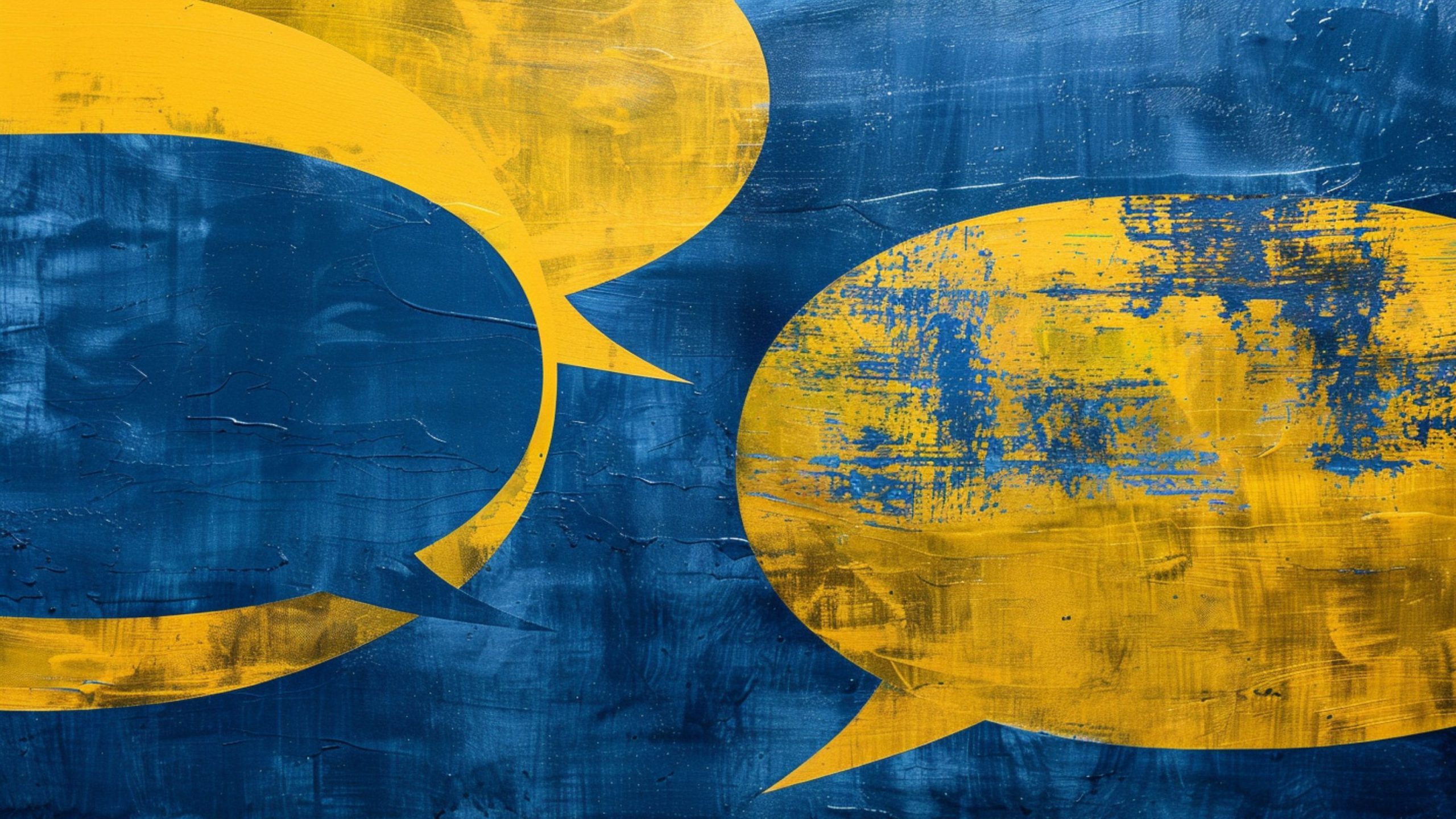The University of Oregon is facing the financial consequences of an unconstitutional attempt to suppress speech after a federal judge ordered it to pay $191,000 in legal fees to Portland State University professor Bruce Gilley.
The order, issued by US District Judge John V. Acosta, follows a settlement reached in March 2025 in which the university acknowledged Gilley’s comments should not have been censored and agreed to implement major policy reforms.
The legal fees, which will be covered by UO’s insurer United Educators, include $147,070 awarded to the Institute for Free Speech (IFS) and $43,930 to the Angus Lee Law Firm.
These payments, combined with more than $533,000 that the university had already spent on its own legal representation by late 2024, push the cost of defending its actions to at least $724,000.
That figure excludes further expenses accrued since November.
These high costs are directly tied to UO’s decision to support its DEI officials after they blocked Gilley for replying “all men are created equal” to a university post on X.
This fee award reflects the substantial resources required to vindicate fundamental constitutional rights in the digital age, as well as the vigor with which the University of Oregon chose to defend unconstitutional policies,” said Del Kolde, IFS Senior Attorney.
“The university made a costly decision to prioritize DEI principles over constitutional principles, aggressively litigating this case for nearly three years rather than acknowledging the obvious, that blocking someone for quoting the Declaration of Independence violates the First Amendment.”
The conflict began in June 2022, when Gilley reposted a UO “racism interrupter” message and added the phrase from the Declaration of Independence.
After UO’s Division of Equity and Inclusion blocked him, Gilley challenged the move in court. A July 2024 preliminary injunction restricted the university from blocking or muting its posts, and the legal proceedings culminated in a settlement requiring the university to overhaul its social media practices.
Under the agreement, UO must now end viewpoint-based censorship, establish an appeals process for blocked users, provide annual First Amendment training to social media staff, and operate under court oversight for 180 days to ensure compliance.










